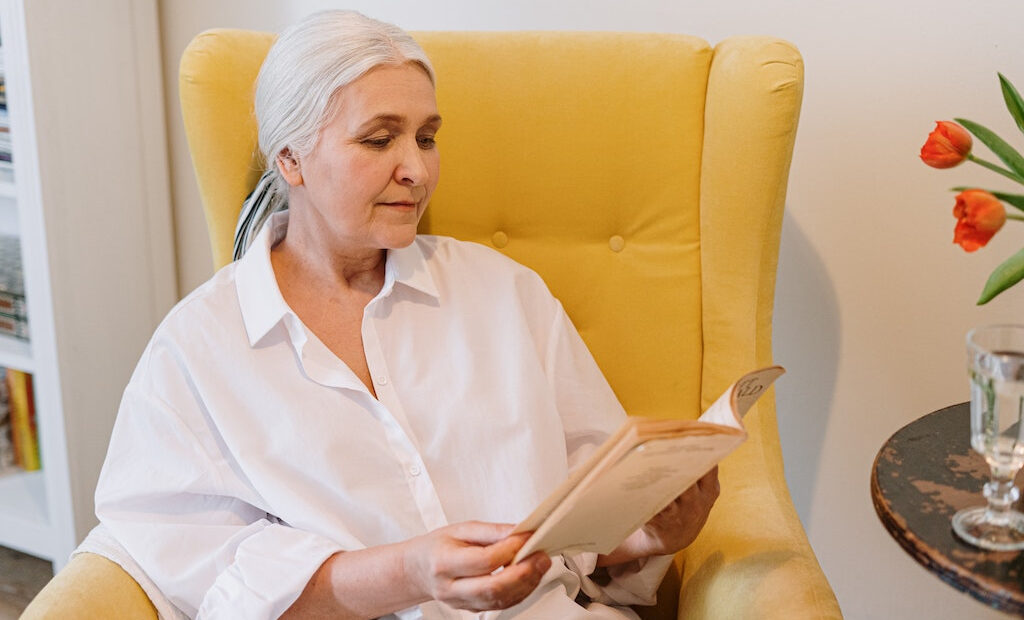Five mental health books everyone should read

Social media is an excellent tool for keeping people connected to their loved ones. Apps like Instagram and Facebook allow us to keep up with our friends and family both near and far, while TikTok and Twitter provide some much-needed respite from day-to-day life.
However, social media can also be more of a bane than a boon in some cases. According to ExpressVPN’s survey, 86% of Gen Z social media users say social media directly impacts their happiness. A percentage of respondents in the survey also noted that social media had affected various areas of their mental health. Issues such as anxiety, depression and self-esteem are some of the problems commonly brought up.
While the survey mainly targeted Gen Zers, millennials are not free from the negative impacts of social media either. There are benefits to taking a break from social media every once in a while, by spending a few days or weeks off the grid to take better care of mental health.
What happens when one gets bored or feels the need to take a break from daily life and the stresses from work? Turning to books and other forms of literature as part of bibliotherapy might just be the fix.
What is bibliotherapy?
Bibliotherapy uses books and other forms of literature to treat mental health and psychological disorders. Readers will choose books – both fiction and non-fiction – with plots that help them connect to emotional experiences and human situations. Through these materials, readers can identify themselves with the characters they read about, and gain empathy and different perspectives on their situation.
Five mental health books that could help
Reading has been lauded for having a positive impact on mental health. In fact, a study done by cognitive neuropsychologist Dr David Lewis revealed that reading is the best way to relax and just six minutes of reading is enough to reduce stress levels by more than two thirds.
To get started on that self-care reading journey, here are five amazing books discussing life, mental health and other intricacies that could help with relaxation and gaining new perspective.
1. How to Burn Out and Take Hold of Your Life by Aljoša Bagola
As a previous award-winning advertising creative director, Aljoša Bagola knows a thing or two about being stressed. The advertising industry is notorious for its long hours, pressing deadlines and unforgiving clients. In this book, Bagola shares his experience with burnout as well as unexpected insights that provide clarity to any reader.
2. Maybe You Should Talk to Someone: A Therapist, Her Therapist and Our Lives Revealed by Lori Gottlieb
As a therapist, Gottlieb often hears painful and triggering stories from her patients. However, what happens when she needs to let off steam and deal with her own traumas? This novel gives readers a behind-the-scenes look into a therapist’s world and pushes readers to see themselves in an entirely new light.
3. Reasons to Stay Alive by Matt Haig
This 2015 novel is based on Haig’s experience living with depression and anxiety disorder. This book is also the first time Haig publicly addresses his issues. While this book was published a while ago, the author’s experience is universal and relatable for anyone experiencing similar issues.
4. It Didn’t Start With You by Mark Wolynn
In this book, Wolynn discusses how family trauma shapes who we are and how our past experiences impact our views and opinions now. Besides addressing the issues one might face, this book also has powerful tools that will equip readers with the skills needed to relieve themselves of their suffering.
5. You Are Not a Rock by Mark Freeman
For years, Freeman suffered serious mental health issues that affected his life. Now he’s written a book that compacts all his best tips for recovery. The author’s approach to healing makes use of various techniques such as mindfulness and peer support.
These books serve as a stepping stone to help anyone organise their thoughts better and take a break from using social media. It goes without saying that for those of us who know someone suffering greatly from a mental health disorder – or struggling themselves – contacting a professional is always worth considering.
The editorial unit

























Facebook
Twitter
Instagram
YouTube
RSS